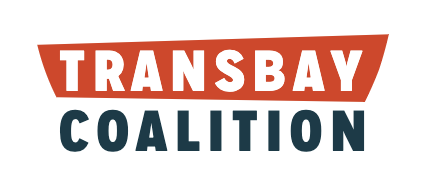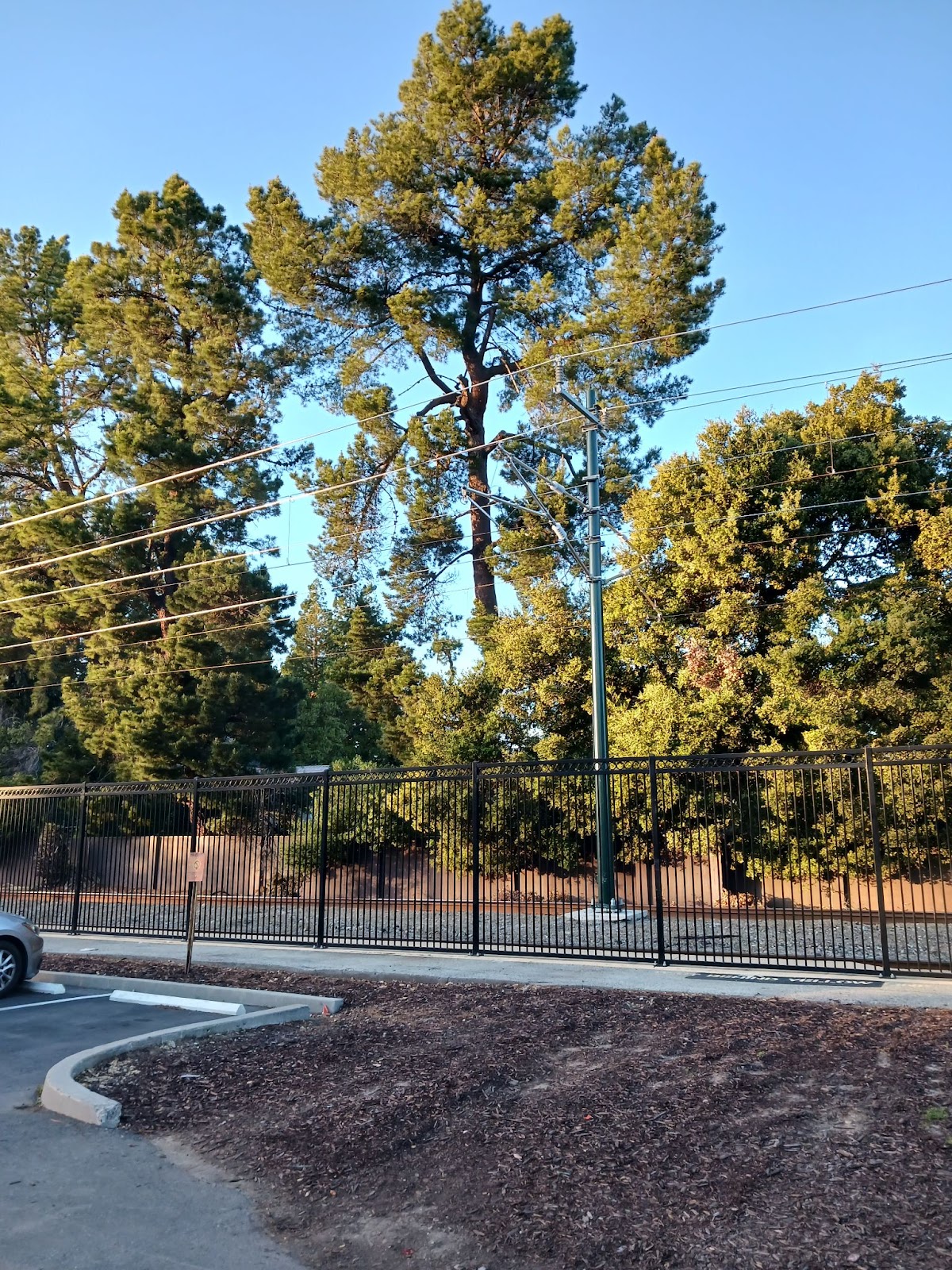A bill in the legislature this year, AB2503 (Lee), proposes to exempt rail electrification projects from the sort of delay that impacted Caltrain electrification. Back in 2015, the Town of Atherton sued the Caltrain electrification project – which is about to provide a major benefit to the environment by eliminating polluting emissions from diesel trains – under the California Environmental Quality Act.
Atherton’s rationale included the need to remove trees that would be in the way of live wires, and the visual impact of the poles and wires; the town wanted a different catenary design.
As a result of the lawsuit, the project was delayed by three years and costs ballooned by $400 million dollars, with the need for additional funds causing even further delays.
The State of California has hundreds of miles of passenger rail that would benefit from electrification in order to advance the state’s climate goals. The bill would apply to projects with a local lead agency (i.e not the California High Speed Rail project) in existing rights of way, and has requirements relating to public outreach, labor conditions, and avoiding residential displacement.
The California Environmental Quality Act can play a valuable role in requiring the disclosure and mitigation of environmental impacts for large, polluting projects such as highways and natural gas power plants.
However, CEQA has also been used over the years to delay environmentally beneficial projects such as bike lanes, sidewalks, and bus rapid transit. Recognizing the contradiction, the legislature has passed CEQA exemptions for projects such as bike lanes, sidewalks, and bus lanes in existing right of way (SB288 in 2020, extended by SB922 in 2022).
AB2503 is looking to extend this sort of exemption to environmentally beneficial rail electrification projects. The bill has passed the Natural Resources Committee and the next step is Assembly Appropriations Committee.

